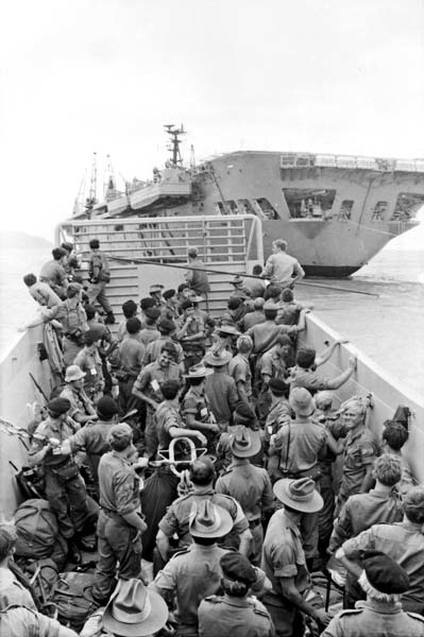

Like many films and television shows they rely to a degree on stereotypes, but licence sometimes demands this and they bring us closer to what the war was like for Australians than the American portrayals. Other well-known portrayals of Australia's experience of the Vietnam War were the 1987 television miniseries Vietnam and the 1979 film The Odd Angry Shot. The most notable, perhaps, is Redgum's 1983 song I Was Only Nineteen (A Walk in the Light Green) which tells the story of Frank Hunt, maimed by a landmine and now a wheel-chair bound veteran of the war. Representations of the Australian experience in popular culture are far fewer than those of America's war in Vietnam.

The trauma and dislocation felt by some veterans has found expression through addiction to alcohol or other drugs, has been the ruin of family life and the cause of ongoing pain, but portrayals in these films are exaggerations that bear little resemblance to reality.Īustralian troops being pulled out of Vietnam, approaching HMAS Sydney, February 1972 AWM FOD/72/0043/VN Such a stereotype does not accord with the experiences of veterans, Americans or Australians.

Popular culture – again, mostly American, through films such as Rambo and The Deer Hunter – has also promoted an image of the Vietnam veteran as a dangerous social misfit. The large battles at Hue, at the Ia Drang Valley and in countless other remote corners of the country, particularly in the north, were unlike those experienced by most Australians. Mostly, Australians were involved in small unit actions using counter-insurgency tactics. The scale of the war, reflected in films portraying major battles, such as We Were Soldiers Once, Full Metal Jacket and Hamburger Hill, was quite different for Australians. Nor were the racial tensions that sometimes existed between black Americans and their white counterparts, also depicted in Platoon, experienced by the far more racially homogenous Australians. In the intervening years, songs, film and literature have emerged, mainly from the United States, to create an impression of a war unlike that experienced by many Australians.ĭrug use, long associated with the American soldiers' experiences of Vietnam through films like Apocalypse Now from 1979 and Platoon from 1986, was never the problem for the Australian military that it was for the United States. For Australia the Vietnam War ended in 1972.


 0 kommentar(er)
0 kommentar(er)
